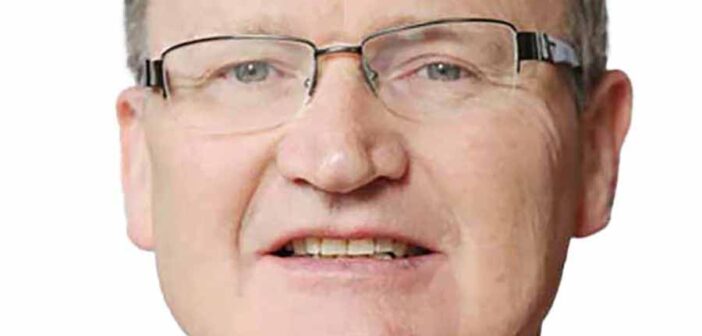
The Irish Tourism Industry Confederation (ITIC) has warned in a new report by economist Jim Power that Government labour policy changes will result in an additional €1.4bn in payroll costs for tourism and hospitality businesses by 2026, impacting competitiveness and viability of the industry.
ITIC calls for mitigation measures to counteract the increased costs, highlighting the industry’s importance as Ireland’s largest indigenous industry and regional employer.
The report suggests that labour market measures, such as a move to a living wage, PRSI increases, pension auto-enrollment, and enhanced statutory sick pay, will add significant pressure to the sector, increasing payroll costs by 6.6pc this year and 19.4pc by 2026.
ITIC believes restoring the 9pc VAT rate for the sector, changes to employer PRSI rates, and an annual enterprise support package are necessary to support tourism and hospitality businesses facing financial challenges.

The CEO of ITIC Eoghan O’Mara stressed the importance of tourism to the national economy and expresses concerns over capacity constraints due to government policy, such as a cap at Dublin Airport and the use of hotel beds for humanitarian purposes.
ITIC is urging the government to develop an alternative plan to house Ukrainian refugees and international asylum seekers to avoid insufficient tourism accommodation this summer, which could lead to reduced tourism activity in various towns across the country.
Mr Power reported that the tourism and hospitality sector is facing challenges and apprehension going into 2024, including global economic uncertainty, consumer spending pressure, accommodation shortages due to housing refugees, increased business costs, labour shortages, and state-induced upward pressure on labour costs.
Various labour-market measures introduced by the government, such as changes to the minimum wage, sick pay, living wage, parental leave, extra bank holiday, higher PRSI, and pensions auto-enrollment, are significantly increasing costs for businesses in the tourism and hospitality sector.
The state-induced measures are estimated to add €456m in payroll costs in 2024 and €1.4bn by 2026, threatening the industry’s viability without mitigating actions.
The VAT increase for tourism and hospitality from 9pc to 13.5pc, estimated at €750m annually, along with an additional €1.1bn cost from emergency accommodation usage in hotels and guesthouses, further squeezes margins and threatens business viability.
Government reports acknowledge that labour-intensive and low-margin sectors like tourism and hospitality will be most affected by the state-induced cost measures, urging swift action to mitigate the impacts.
The report suggests mitigation proposals for the government to support the tourism and hospitality industry, aiming to alleviate business cost pressures, enhance competitiveness, maintain margins, ensure business viability, and sustain regional economic activity and employment.
See report here.




